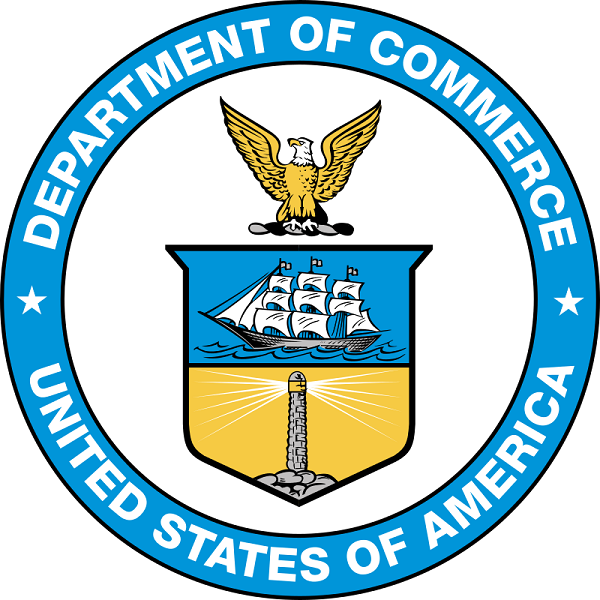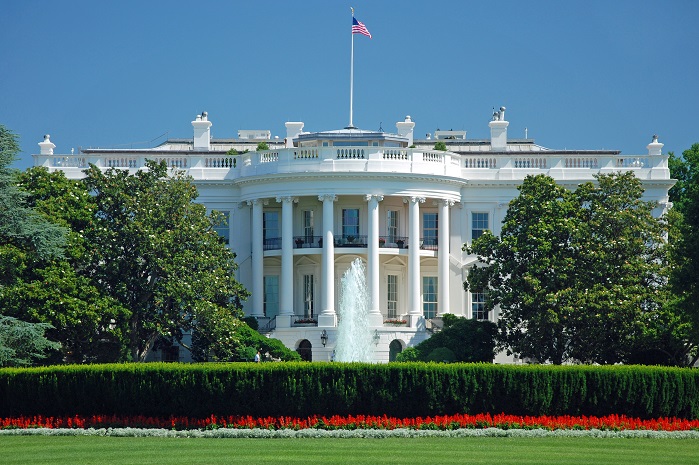 The U.S. Commerce Department announced yesterday the CHIPS.gov website that includes implementation information for the recently passed CHIPS and Science Act. The site is intended for organizations seeking funds from the $50 billion for manufacturing, research and development funds allocated by the bill.
The U.S. Commerce Department announced yesterday the CHIPS.gov website that includes implementation information for the recently passed CHIPS and Science Act. The site is intended for organizations seeking funds from the $50 billion for manufacturing, research and development funds allocated by the bill.
In its announcement, the Commerce Department said the CHIPS.gov site will offer information about the department’s priorities, funding opportunities, timelines, requirements and more as the information becomes available. These priorities include:
- Meet economic and national security needs. The CHIPS program must address economic and national security risks by building domestic capacity that reduces U.S. reliance on foreign production of both leading edge and older generation microelectronics. U.S. long-term economic and national security requires a sustainable, competitive domestic industry.
- Ensure long-term leadership in the sector. The CHIPS program will establish a dynamic, collaborative network for semiconductor research and innovation to enable long-term U.S. leadership in the industries of the future. The program will support a diversity of technologies and applications along many stages of product and process development.
- Strengthen and expand regional clusters. Long-term competitiveness requires large economies of scale and investments across the supply chain. Regional clusters containing manufacturing facilities, suppliers, research and workforce programs, along with supporting infrastructure, will be the foundation for a competitive industry. The CHIPS program will facilitate the expansion, creation and coordination of semiconductor clusters that benefit many companies.
- Catalyze private sector investment. A successful CHIPS program will respond to market signals, fill market gaps and reduce investment risk to attract significant private capital. The role of government in the CHIPS program is to shift financial incentives to maximize large-scale private investment in production, break-through technologies, and workers. The CHIPS program will encourage new ecosystem partnerships that reduce risk, build on U.S. strengths, and facilitate such investments.
- Generate benefits for a broad range of stakeholders and communities. A successful CHIPS program will create benefits for startups, workers, socially and economically disadvantaged (SEDI) businesses, including minority-owned, veteran-owned and women-owned businesses and rural businesses, universities and colleges, and state and local economies, in addition to supporting semiconductor companies. The CHIPS program will encourage linkages to underserved regions and populations to draw in new participants to the semiconductor ecosystem.
- Protect taxpayer dollars. The CHIPS program will include rigorous review of applications along with robust compliance and accountability requirements to ensure taxpayer funds are protected and spent wisely, and are not used for dividends, stock buybacks, or windfall profits.
“The Commerce Department has been preparing for months for the passage of the CHIPS and Science Act, and we are excited to get to work implementing this historic set of investments in America’s innovation, R&D and semiconductor manufacturing,” said Commerce Secretary Gina M. Raimondo. “We are committed to a process that is transparent and fair, and CHIPS.gov will be an essential channel through which we communicate with the public about CHIPS program initiatives. We will move as swiftly as possible to deploy these funds, while also ensuring the time needed to perform due diligence. This program is intended to be an investment in America’s long-term economic and national security, and we will take the necessary steps to ensure its success.”




